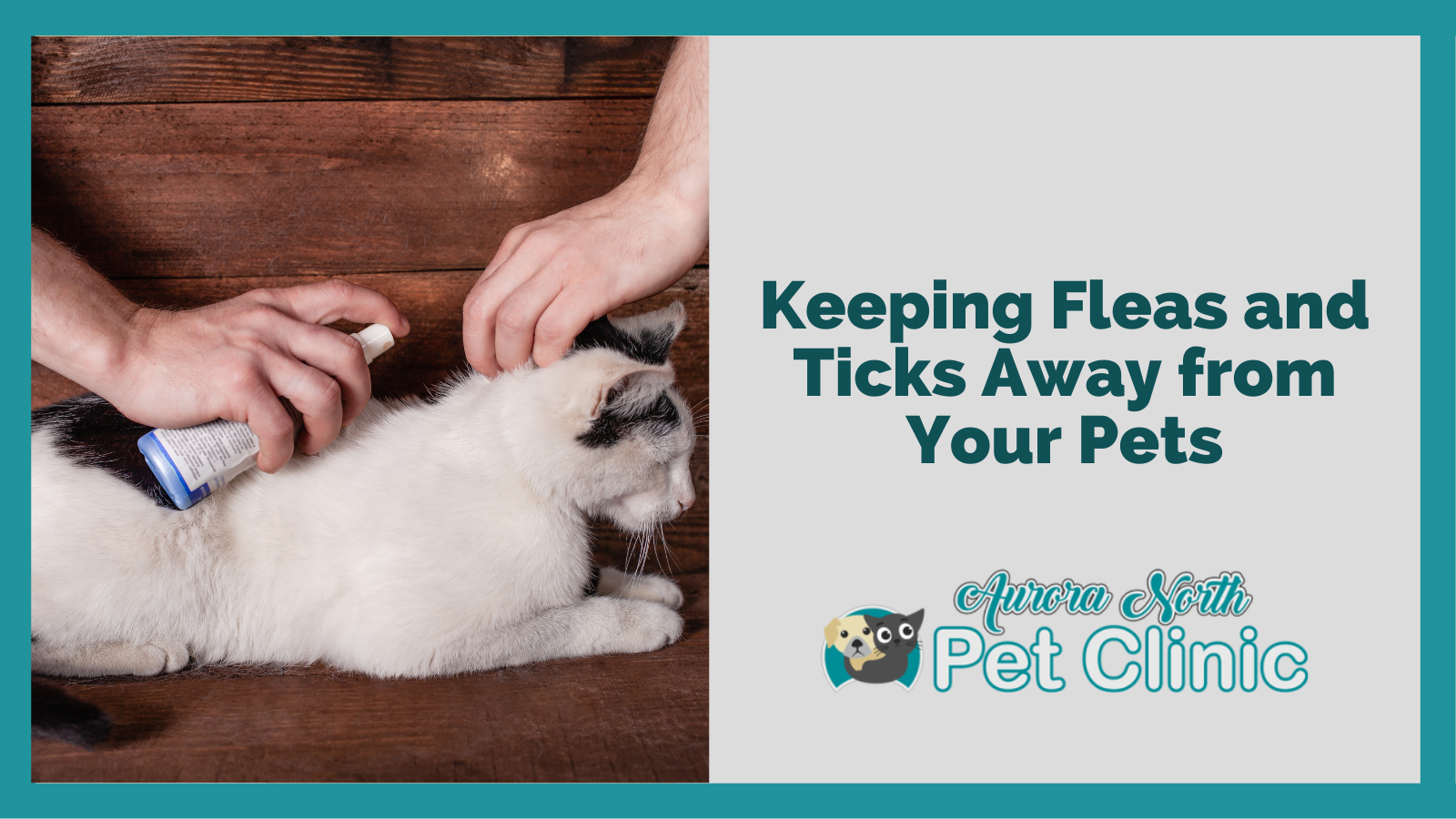
As responsible pet owners, ensuring the health and well-being of our beloved companions is paramount. One common concern among pet owners, especially in Ontario, is the threat of fleas and ticks. These pesky parasites cause discomfort and irritation to our pets and can also transmit diseases. This article will explore effective strategies for keeping fleas and ticks away from your pets.
Understanding the Threat
Fleas and ticks are more than nuisances; they pose significant health risks to pets. Fleas can cause allergic reactions, skin irritations, and transmit diseases such as tapeworms and Bartonella. Ticks can transmit serious illnesses such as Lyme disease, Ehrlichiosis, and Rocky Mountain spotted fever. Prevention is key to safeguarding your pets from these potential dangers.
Regular Veterinary Check-ups
Schedule regular veterinary check-ups for your pets to ensure they are healthy and free from fleas and ticks. Your veterinarian can conduct thorough examinations and recommend appropriate preventive measures based on your pet’s lifestyle and risk factors. These may include topical treatments, oral medications, or collars to repel fleas and ticks.
Invest in Preventive Products
Various preventive products are available to protect your pets from fleas and ticks. These include topical treatments, oral medications, collars, and sprays. Speak to your veterinarian to determine which product is best suited for your pet based on factors such as their age, weight, and overall health. It’s essential to follow the manufacturer’s instructions carefully and administer the product as directed for maximum effectiveness.
Maintain a Clean Environment
Regularly clean and vacuum your home to eliminate fleas and ticks from your pet’s environment. Please pay particular attention to areas where your pets spend most of their time, such as bedding, carpets, and furniture. Washing your pet’s bedding in hot water can help kill flea eggs and larvae. Regularly grooming your pets can help detect and remove fleas or ticks before they become a problem.
Practice Vigilant Pest Control
In addition to preventive products, consider implementing other pest control measures to keep fleas and ticks at bay. This may include treating your yard with pet-safe insecticides, keeping grass and shrubs trimmed, and removing any debris or clutter where fleas and ticks may hide. Be mindful of areas where wildlife, such as raccoons or rodents, may frequent, as they can introduce fleas and ticks into your yard.
Be Mindful of Seasonal Risks
Fleas and ticks are most active during warmer months but can still pose a threat year-round. Be especially vigilant during spring and summer when flea and tick populations peak. Consider increasing preventive measures during these seasons and continue to monitor your pets for signs of infestation or irritation.
Regularly Check Your Pets
Make it a habit to regularly check your pets for signs of fleas and ticks, especially after outdoor activities or walks in wooded areas. Run your hands through your pet’s fur, paying close attention to areas such as the neck, ears, and between the toes where parasites often hide. Look for signs of scratching, redness, or small dark spots that may indicate the presence of fleas or ticks.
Consult a Veterinarian in Aurora
If you suspect your pet has fleas or ticks or have any concerns about preventive measures, don’t hesitate to consult a veterinarian in Aurora. They can advise you on the best action and recommend appropriate treatment options to effectively address the problem.
At Aurora North Pet Clinic, we are committed to helping you keep your pets healthy and happy. You can protect your pets from potential harm by understanding the risks associated with fleas and ticks and taking proactive measures to prevent infestations. From regular veterinary check-ups to investing in preventive products and practicing vigilant pest control, there are many steps you can take to keep fleas and ticks away from your pets. Together, we can create a safe and comfortable environment for your furry companions to thrive in.